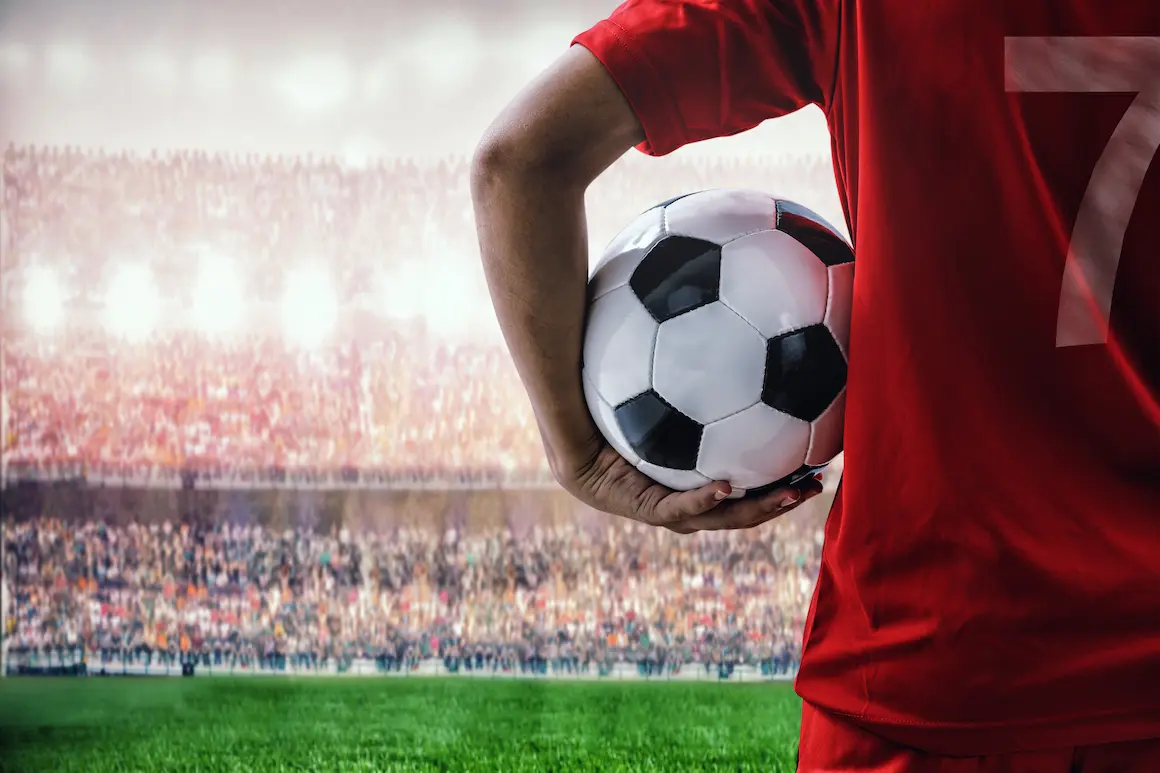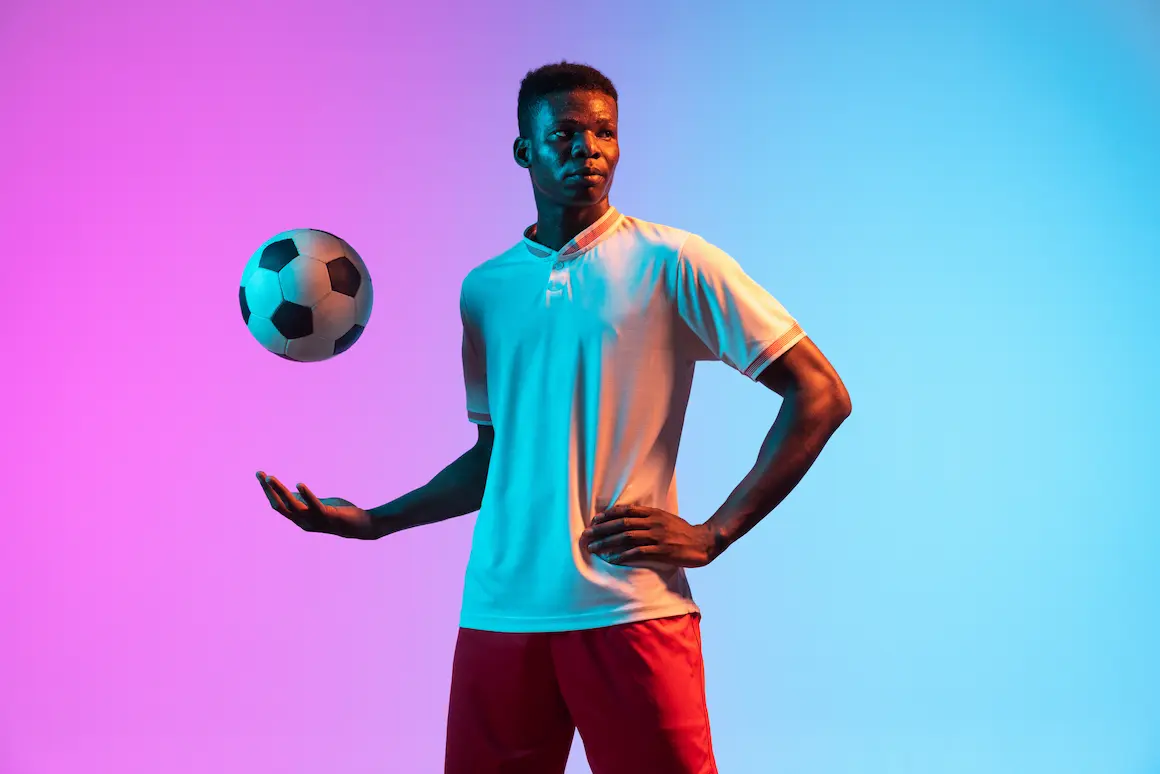Many say that all is fair when it comes to love or war. The same cannot be said about football. The rules that govern the footballer-fan relationship change every day. And if insults against a footballer after a not-so-good game were something one could get away with it, now you should think carefully about whether it’s worth it.
It seems like such a basic thing, but there are people who are confident that insulting celebrities “does not count.” Whether it is a comment on social media, a dirty rumour that was spread on the Internet, or an offensive shout-out from the stands. Well, it turns out that footballers are people too. And now, they will hold the attacker accountable for every negative attack in their direction. Passions are raging not only in sports betting but also in the stands.
Statistics – a chanllenging thing?

News has appeared on the net that the footballer Marcus Rashford from the Manchester United club intends to bring the incident with an Egyptian fan to court. The Manchester United player got a whole team of combative lawyers and said that no more bad words about him would go unpunished.
Researchers present interesting numbers. Statistics show that more than 55% of players have experienced negative comments in their careers. Frankly, the data is questionable. And there are suspicions that every player in his sports life heard something like “could play better” – just not in the most polite manifestation of this expression.
Insults are insults. In football and hockey, in sports and pedagogy, in life and on the football field – it doesn’t matter.
A side effect of popularity
There is an unspoken principle that should have been eradicated long ago.
Think about how many celebrities have experienced hate. Perhaps everyone. There is no famous person who has made a fortune and is a media person, and at the same time, everyone loves and admires him. Such is the side effect of fame – do you want to be a public persona? Well, then, endure all the words of spiteful critics. But is it fair?
It seems that there are obvious things that everyone knows, without exception. No one has the right to insult another person, especially by touching on such things as race, nationality, or social status. But when it comes to a person from the TV or the football field, all these basic principles are forgotten. There is the concept of “professional betting”, but “professional standards of conduct” seem to have not been invented.
It seems to the fans that it is possible to “spill mud” on the opponents of their favourite team. And sometimes, an idol can fall under this avalanche of hatred if he didn’t score on time, for example.
This problem appeared long ago, but for some reason, it has not been addressed in any way. But the essence is simple: even if you are an eminent athlete earning tens of millions of dollars a month, you do not have to take insults. And each person can defend their own safety. Just like Rashford, for example.
Where’s the line between what is acceptable and what isn’t?
There are so many laws, rules, and norms that one can, perhaps, get lost. Where is the line between “I just expressed my opinion” and “crossed the line”?
Such obvious things as rudeness, pressure and obscene language seem understandable. But in football, there are many nuances, and bullying occurs in a completely incomprehensible way.
Before the start of the match, the players in the Premier League get down on one knee. This is a sign of support against racism. Someone was the first to start; the rest supported the initiative – and so it happened. But over time, this gesture ceased to carry a specific message. We can agree that everything is good in moderation. Some teams continued to kneel; some decided that it was enough after some time. In any case, we don’t judge either side.
But it created a problem that cannot be resolved easily. Those who do not get down on one knee have suddenly become “bad”. Apparently, they do not support the fight against racism. They are treated with contempt – and by who? Those who oppose all bullying. What we see: fans despise their football players for refusing to get down on one knee, although they favour “peace in the whole world” and the fact that the racial attribute does not become a reason for insults. So it turns out that the fans are so addicted to protecting one group category that they do not notice that they are starting to put pressure on another. Here is how action against racism turns out.
“Blurred Norms”

Fans are asking questions: so what is ok and what is not? Where is the line between what is permitted and what cannot be crossed? Why, if threats to life are pouring from the stands (and there were such incidents), people get away with it. And if someone did not bend the knee or didn’t like a post about fighting against racism, they are labelled as an enemy of the people.
But, in fact, threats or phrases that threaten someone’s security are no better than racial discrimination.
Another telling case occurred in volleyball. Coach Andrei Voronkov called one of the players a “monkey”. What is the result? A prohibition from training for several years. This is the price for calling someone a “monkey”.
It seems that the realities dictate such punishments. If earlier the “monkey” would have clearly passed by, today it results in losing two years. This is probably right.
It can be concluded that the norms of communication are undergoing changes. And this applies not only to the relationship between celebrities and fans but also within a team.
“Red card” in real life

The bottom line is that in football, all the rules are known in advance, and it is clear where to go, run, how to hit and what not to do. In real life, everything is somewhat different: no one explains how to do it right. There is no specific law with collections of phrases that cannot be used. It’s like the case of a volleyball coach. Everyone has their own norms and their own “code of honour”.
Obviously, no one will give you a “cheat sheet” about what can be said and what cannot. Therefore, it remains to figure it out intuitively and decide what is appropriate and what should be kept quiet.
Kristaps is an expert in the field of online casinos. Over time he has found himself as a gambling critic and analyst.
More info on Kristaps Gauja





